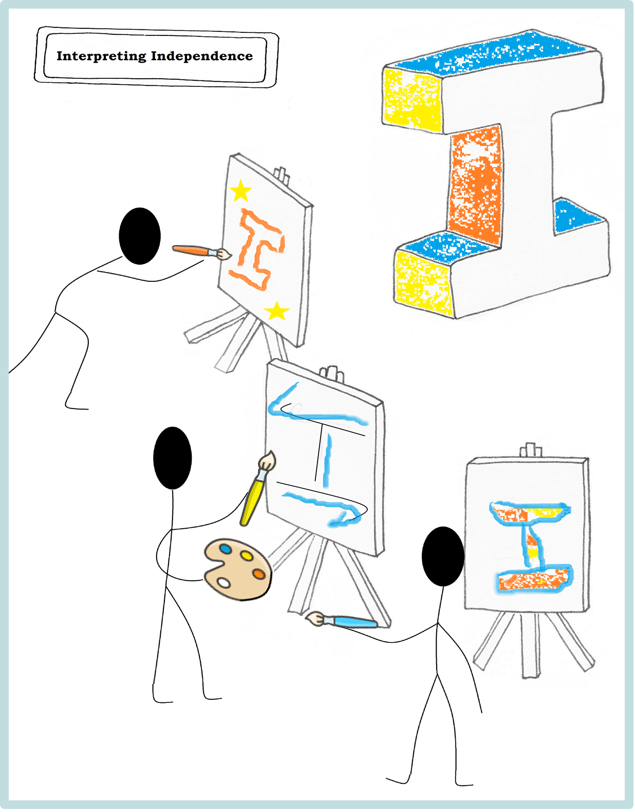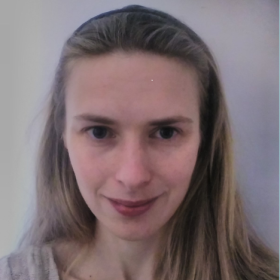“Sorry about the loo rolls!”
I’m not sure how my supervisors saw past this in my interview to join the Using Mixed Methods to inform our understanding of maintaining independence in older people, project as a PhD student, but I’m so pleased that they did.
I’d spent two years working in the fast-paced, peripatetic third sector, developing and delivering services for community-dwelling older people and was used to coming up with slightly off-the-wall solutions to problems or situations. So it didn’t occur to me that rolling my hand-drawn presentation materials inside a series of toilet roll tubes might seem odd in an interview setting. Fortunately, my now supervisors didn’t write me off, but saw promise in my creativity and problem-solving.
I was working as a carer for older people living in the community in 2012 when my course to research was set. I found that the sentiment, “I’m not living, merely existing”, was shared by many of the people I visited. I qualified and worked as a Physiotherapist and moved into a role in the third sector, at each stage searching for the solution that could make ‘living’ rather than just ‘existing’ a more universal experience in older age.
My research explores the meaning and importance of independence for older people and is the next stage in that search. Using a longitudinal mixed methods design, my aim is to understand how the important aspects of independence identified by older people relate to, and may be predicted by, quantitative measures in practice. I’ve been on a steep learning curve, developing skills in both qualitative and quantitative methods and acknowledging, integrating and optimising the different forms of knowledge each has generated.
“It’s no fun, getting old”, is another familiar phrase from my carer days. It’s a view propagated by society and exacerbated by portrayals of older people as a homogenous population associated with dementia, frailty and decline. Yet this isn’t the story of ageing shared with me by many of the people I’ve encountered. If I could wish for just one impact of my research it would be to elicit greater respect for the individuality of each older person within our society.
My research has taught me a lot about how wrong my own assumptions and prejudices have been and encouraged me to question the systems and structures which allow decisions about support for older people to be made by those who haven’t yet experienced old age. I hope that my research will help to highlight the extraordinary assets associated with old age and extend understanding of what can be done to make an asset- (rather than deficit-) oriented experience of ageing the norm.
I was delighted to win the ‘Best President Presentation Prize’ at the 2021 British Geriatrics Society conference, for the findings from my quantitative study identifying the “Predictors of Independence in Older People.”
My research has been greatly enhanced by my supervisory team, whose knowledgeable feedback and expertise have been crucial in the progression and development of my research skills. Their encouragement to take up opportunities suited to my individual way of working with, and processing, data has enabled me to engage in novel and innovative methods of analysis.
Working with a Public and Patient, Involvement and Engagement (PPIE) network specifically recruited for my study has really benefitted my project. From a critique of the more practical elements of the research design, such as developing the interview topic guide and participant information, to discussions providing key insights for analytical follow up, the PPIE team have been essential in keeping the research grounded and focussed on what matters to older people.
The coming months will be focussed on writing up my findings with the aim of publication as thesis and journal articles. I plan to work more with the existing and additional PPIE networks to gain further insight into findings, such as what may be contributing to the impact of ethnicity on independence?
I also hope to gain feedback on a toolkit that I’ve developed in response to my findings. The toolkit may help collaboration to facilitate independence whilst being attentive to individual values and beliefs, making achieving or maintaining independence an experience unique to everyone.
Despite the challenges of a research career, it has, and continues to be very much worth the effort. I’ve found collaborating with the research team and working with older people extremely rewarding.
If you would like to know more about my research or share similar interests, please get in touch or follow me on Twitter
Emily’s illustration of different interpretations of independence depending on perspective and approaches to resources for older people.

Author

Emily Taylor
PhD StudentAbout the authors
Emily is a PenARC PhD student, currently working on a research project entitled: ‘Using Mixed Methods to improve our understanding of maintaining independence in Older People.’
